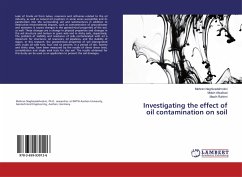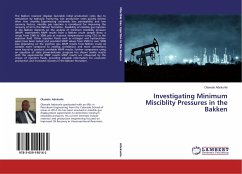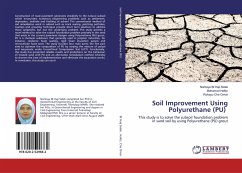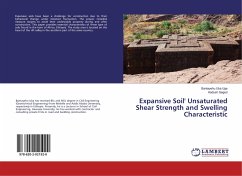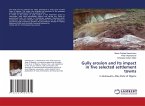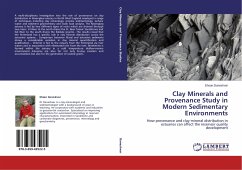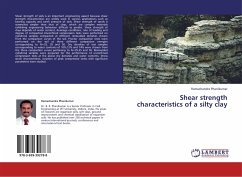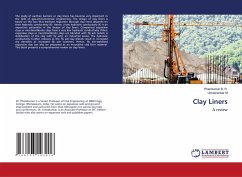Leak of Crude oil from tubes, reservoirs and refineries related to the oil industry, as well as natural oil eruptions in some areas susceptible and its penetration into the surrounding soil and substructures in addition to destructive environmental impacts, such as contamination of groundwater and seawater, it causes changes in the geotechnical properties of the soil, as well. These changes are a change in physical properties and changes in the soil structure and texture in grain soils and in sticky soils, respectively. The problem of stability and resistance of soils contaminated with oil is important for structures, oil reservoirs, oil pipelines, and the stability of slopes. In this research, the geotechnical properties of soil impregnated with crude oil with two, four and six percent, in a period of ten, twenty and thirty days, have been measured by the results of direct shear tests, consolidation and single axial tests for clay soil. The results obtained for this study can beused as an application to prevent the soil damages.
Bitte wählen Sie Ihr Anliegen aus.
Rechnungen
Retourenschein anfordern
Bestellstatus
Storno

